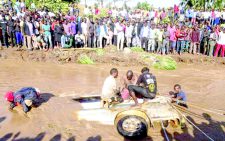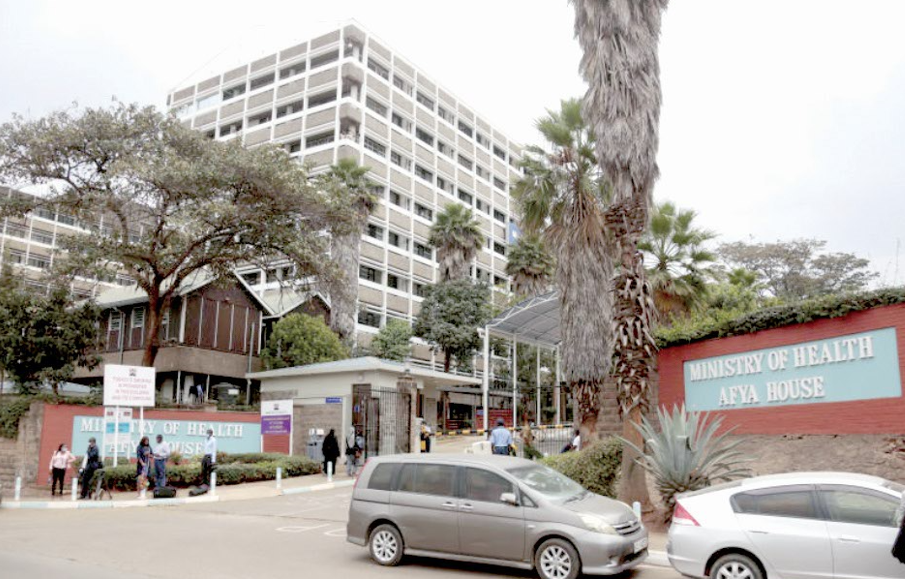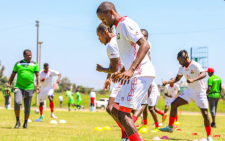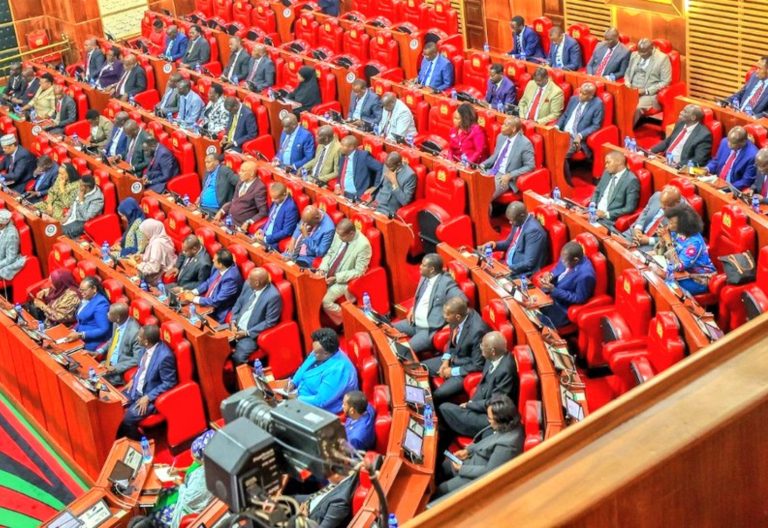Children bear the brunt sickle cell disease
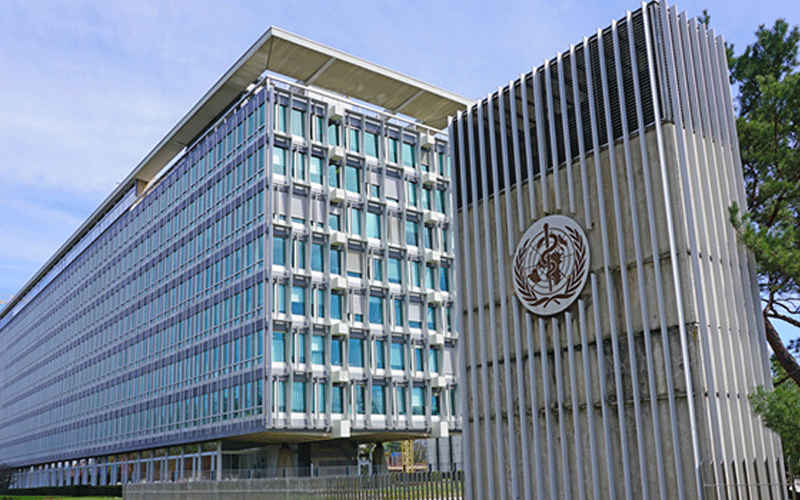
The birth of a child is a very exciting moment for many parents. When the child grows up and becomes what the parents always desired and dreamt about, it becomes even more fulfilling.
Regrettably, certain medical conditions and diseases can be a stumbling block to achievement of these dreams. One such condition that is giving parents in Nyanza sleepless nights is Sickle Cell Disease (SCD).
Although residents in the region are renowned for holding high family values and strive to raise healthy and successful children, SCD lurks in the community claiming many young souls annually.
The disease is one of a group of inherited red blood cell disorders that occur when a child acquires two sickle cell genes each from both parents.
Dr Meshack Liru, a Consultant Pediatrician in-charge of SCD at Homa Bay Referral Hospital, Homa Bay county has a prevalence rate of SCD of about two per cent of the population.
Zero symptoms
He says most people in the county are carriers but do not show any symptoms and easily end up marrying a person, who unfortunately happens to also be a carrier, which contributes to the surging numbers. September is the National Sickle Cell Awareness month.
The medic says the sad reality for such a couple is that for every pregnancy, there is a 25 per cent chance of bearing a child with SCD, 25 per cent normal child and 50 per cent chance of being a carrier.
He says apparently, majority of patients are initially misdiagnosed and treated for other ailments, which causes many children suffering from the condition to succumb before they reach five years.
The medic explains that SCD virtually affects every part of the body, which renders immune system weak making one vulnerable to infections.
He cites a family in Kabwoch in Homa Bay county, where out of six siblings, five succumbed to the disease.
The locals believed they were bewitched and eventually the husband abandoned the family believing the wife was the problem.
The pediatrician expresses concern that lack of awareness on the disease has made the situation worse.
“Unfortunately, only a few individuals show up for sickle cell tests, but the ideal situation should be people to voluntarily take tests before marriage just like it happens in HIV,” he says.
“Love is treasured by everyone, but bringing forth a child with SCD can place your relationship in huge distress and the well-being of your future child would be compromised,” he adds.
Ideally, babies do not have to suffer the consequence of their parents’ choices.
Liru says it’s unfortunate that some partners ignore genotype tests and end up discovering their incompatibility later after they have given birth to a child with the condition.
He notes that some aspects of African culture also contribute to the increasing number of children with the disease for instance gender preference in children, sometimes leading to more births, even in families grappling with the genetic disorder.
Theresa Atieno Odero, who has lived with the condition since birth reveals there are a lot of misconceptions and beliefs about the disease. “Some people even believe SCD is a curse.”
Odero, 30, says the local community sometime become hostile to people living with the disease because they do not understand them. They think they are lazy.
The condition has prompted her to establish Homa Bay Sickle Cell Warriors Support Group where they sensitise patients on how to manage the condition.
Odero also adds families with children suffering from the disease struggle with high medical bills.
“Most sickle cell patients are anemic, therefore, require regular blood transfusion which may result in iron overload.
The drugs used to tame this condition are quite expensive and sometimes are not readily available,” she adds.
Furthermore, she says most people suffering from the disease find it hard to secure work because most employers fear that their condition would make them miss work often.
She urges the government to procure enough drugs and subsidise their cost.
Scientifically, SCD in children can be avoided by noting the genotypes in humans are AA, AS, AC.
Persons with AA genotype are a perfect match for individuals with AA genotype as those couples save their future children from the worry about genotype compatibility.
Persons with AA genotype are a perfect match for individuals with AA genotype as those couples protect their future children from the worry about genotype compatibility.
If AA genotype individual pairs with an AS genotype, they will sire kids with either AA or AS which is good but in rare situations all the children may be AS which limits their choice of a partner according to a report by the American University of Nigeria.
Marriage partners
Therefore, it is advisable that people with AS and AS genotypes should not marry because there is a chance of having a child with SS while AS and SS should not even think of marrying.
On the other hand, SS genotype and SS must never marry since there is no chance of escaping having a child with the disease.
According to the World Health Organisation (WHO), the disease contributes to 6.4 per cent of the under-five mortality rate.
A lot of research has been done to help find cure of the disease but only a little progress has been made so far.
Research done by the University of America revealed that the only way to alter genotype is through bone marrow transplant. Unfortunately, it is a very expensive procedure and cannot be done in Africa. It also comes with some risks, the research adds.
With all the challenges that come with the disease, Liru says it is important to know your genotype before you accept to marry or get married. -KNA
